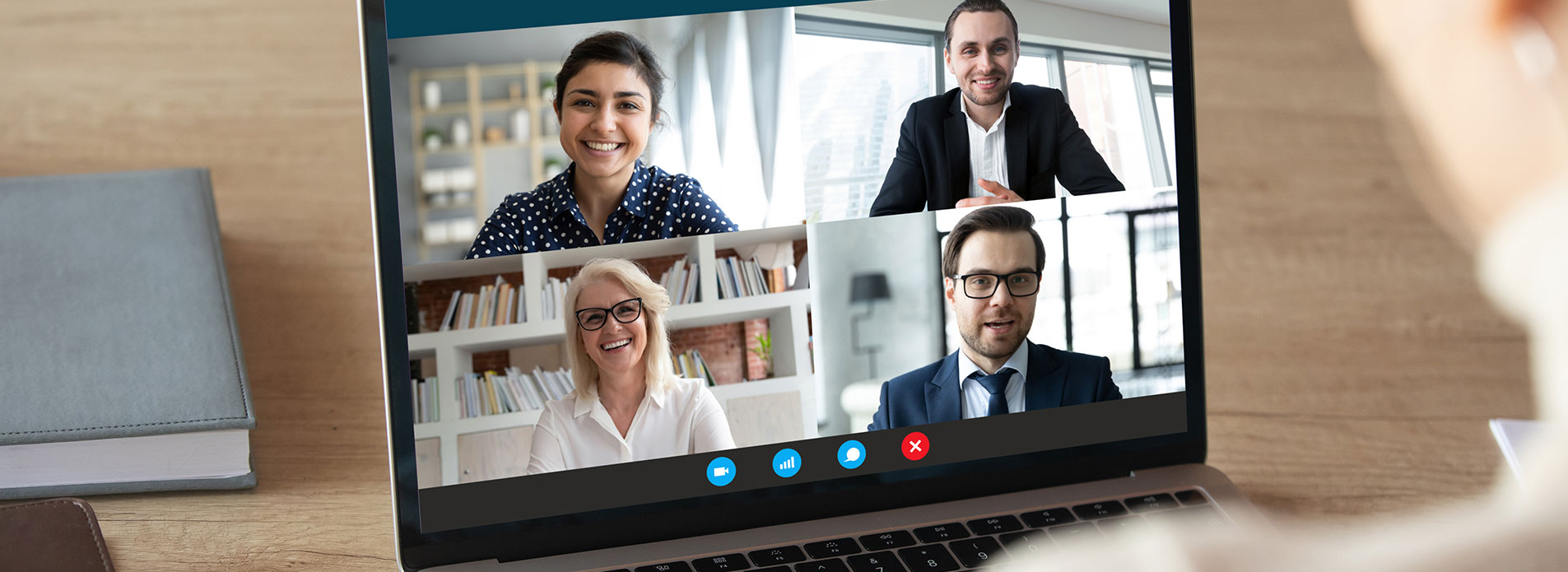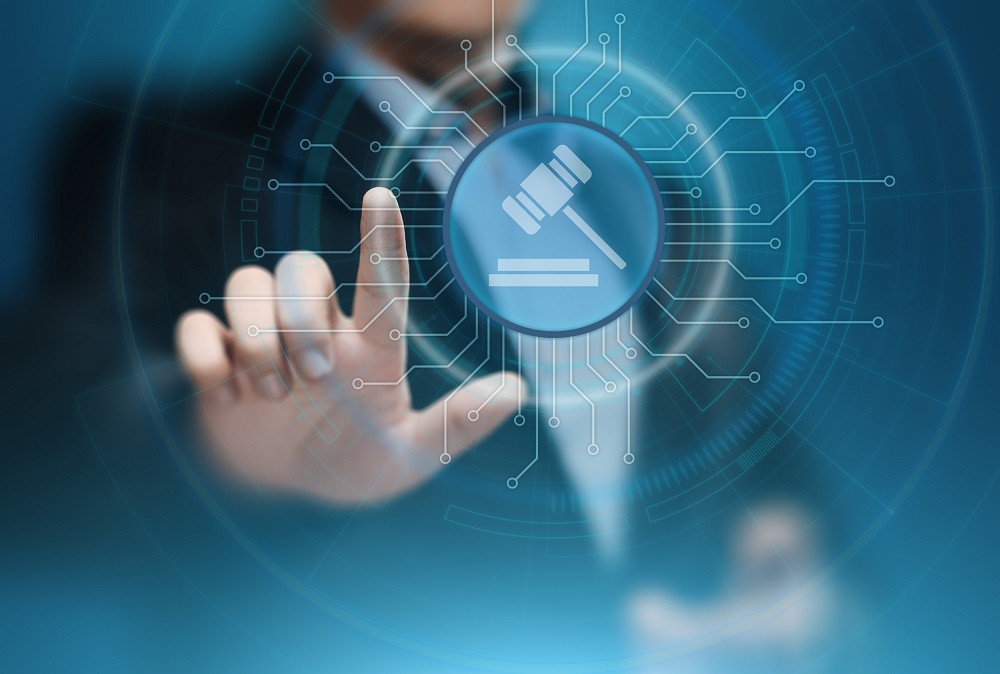Future
Work
Today's working environment is undergoing a dramatic change: the globalisation of the labour market, demographic change and, above all, new technologies are changing working arrangements, places of work and working hours. This change to the working environment is affecting employees and employers alike - the relationship with one another offers new opportunities to raise potential on both sides. Company processes and organisational structures are in a state of change: networks, even across company borders, are emerging and leading to new, innovative forms of cooperation and the transformation of existing structures. The introduction of an innovative work culture leads to new ways of thinking and acting within the company and fosters new forms of collaboration, such as crowdsourcing or open talent networks, which increase effectiveness.
The introduction of new technologies to support employees can unlock new efficiency potential in companies: cloud, artificial intelligence, Big Data analytics or robotics. This presents new opportunities - but must also be legally enshrined in the corporate organisation.
Luther can advise companies on all legal issues relating to the innovative topic “Future Work”. We provide advice on "modern work style" issues, including amongst other things flexible freelancing concepts, the use of open talent networks or flexible working time arrangements. We can assist you with the implementation of an innovative culture, e.g. with establishing incubators or innovation hubs or any legal issues surrounding models of innovation, such as agile work, scrum or crowdwork, as well as the use of technology to increase efficiency. Using modern, innovative methods and tools, we can assist you with the launch of employee KPIs and assessment systems as well as with issues relating to employee training.
Our services
The use of technology is fundamentally changing working environments. Technology is increasingly piercing the traditional organisational structures - more focus is being put on knowledge work. The labour market is becoming a demand market, combined with the desire for greater flexibility and independence. The collaboration between freelance and permanent employees, flexible working time models and the associated remuneration and participation programmes must be shaped accordingly.
New forms of collaboration have put an end to the age of Command & Control. Agile forms of project management or self-management, such as Scrum, Kanban or Design Thinking, are setting the course for new working environments. Outsourced innovation hubs are accelerating processes, however, at the same time they carry the risk of losing relevant employees. Traditional management structures and role and responsibility models need to be rethought and made as legally secure as possible.
Digital technologies help make processes more efficient and transparent. Cost cutting and increased efficiency are being driven forward taking into account the protection of (personal) data or trade secrets. Our experienced lawyers can support you with the introduction of digital tools to be used within the organisation or at the interface with external partners.
Modern working and organisational concepts offer companies attractive prospects and also sustainability. In addition to strategic realisation concepts, the main aim is to draw up binding rules in order to provide clarity and security for all those involved. In this innovative environment, special attention should be given to transformation in the organisation.
News
Key Contact >>









